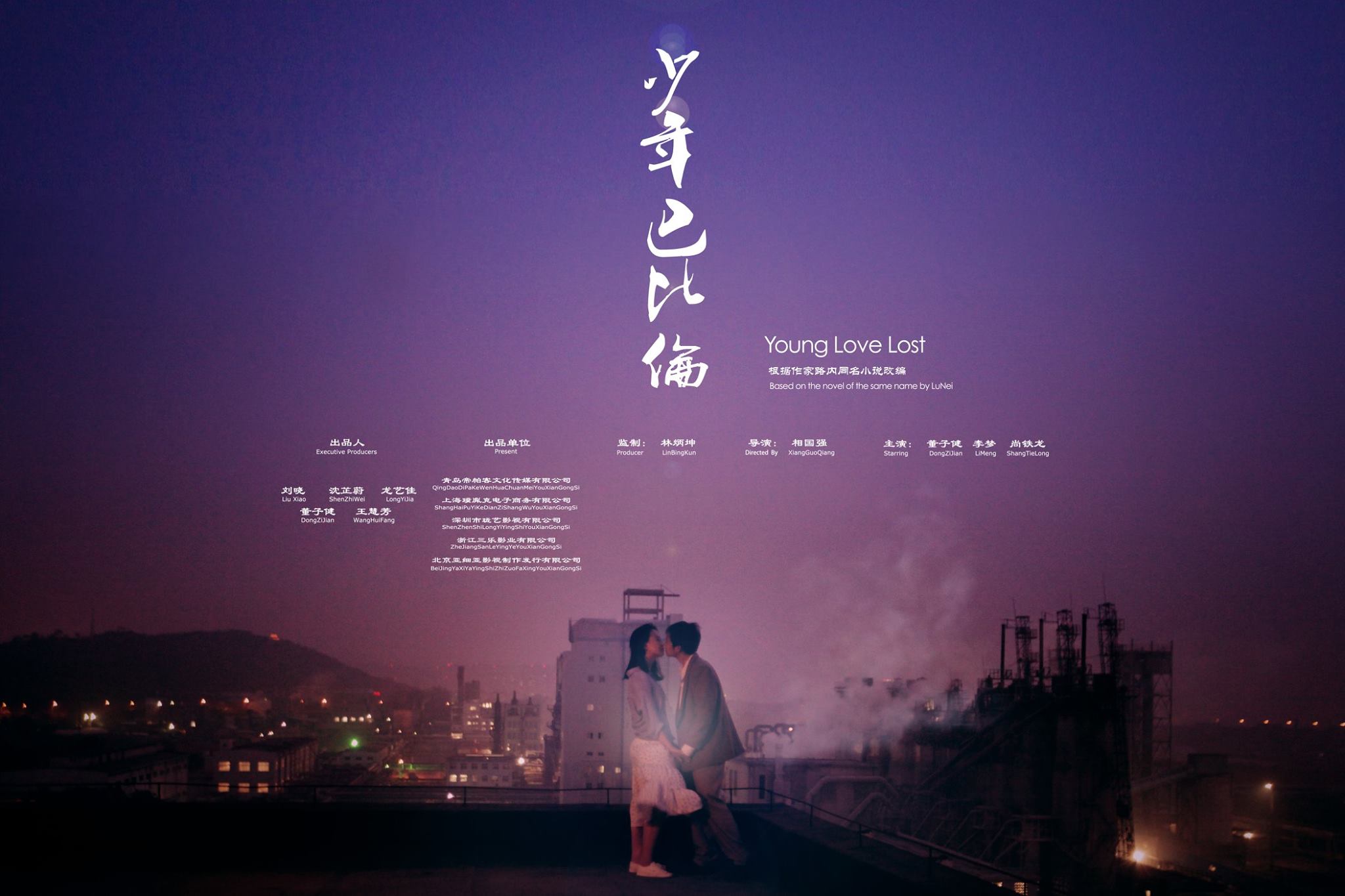YOUNG LOVE LOST (少年巴比伦)
What does it mean to grow up? Do you remember what it was like to fight for the life you want? For Mainland Chinese author Lu Nei, he penned an autobiographical novel “Young Babylon”, which tells the story of Lu Xiaolu, a 19-year-old high school graduate who grows up in an industrial town in northern China. In this part of the world, things are dominated by a state chemical factory which provides employment for the vast majority of the area’s population.
What’s a young man with dreams to do when he has to balance between adapting to the bureaucratic factory routine, making the best of the seemingly dead end career, getting cosy with with girls and refusing to budge and compromise with the expectations of the society he is in?
Directed by Xiang Guoqiang, who was nominated for Best New Director at the 52nd Golden Horse Awards and selected for the Asian New Talent Award at the 18th Shanghai International Film Festival, the film adaptation of the novel is an interesting look at a culture we are not so familiar with.
Being spoilt urbanites, the first impression you have of the setting of the film is - how can anyone work in a factory is so old, dirty and dangerous? And why would anyone put himself through the hierarchies ranging from corporate, operational and frontline levels?
Yet, in the comfort of your seats, you feel that there is an unexplained charm about this film. You see how the protagonist meets the head of the mechanics department, a burly man who is seen as the senior of the pack; the tall and kind colleague who isn’t too bright but has big dreams; a young and beautiful doctor of the factory who seems too distant to strike a friendship, and a handsome security head whose ego is too big for his own good. These characters are like the people you meet in the various phases of your life.
Dong Zijian (Mountains May Depart, At Cafe No 6) takes on the role of Lu Xiaolu, and creates a very likeable personality with his engaging performance. His character is one you’ll want to root for, and this is a good thing because the 126 minute film may be uneven at times (some sub plots are underdeveloped, and there are some slightly jarring sequences). When the credits roll, you’ll take a trip down memory lane and relive those moments - both the bittersweet and fond ones.

